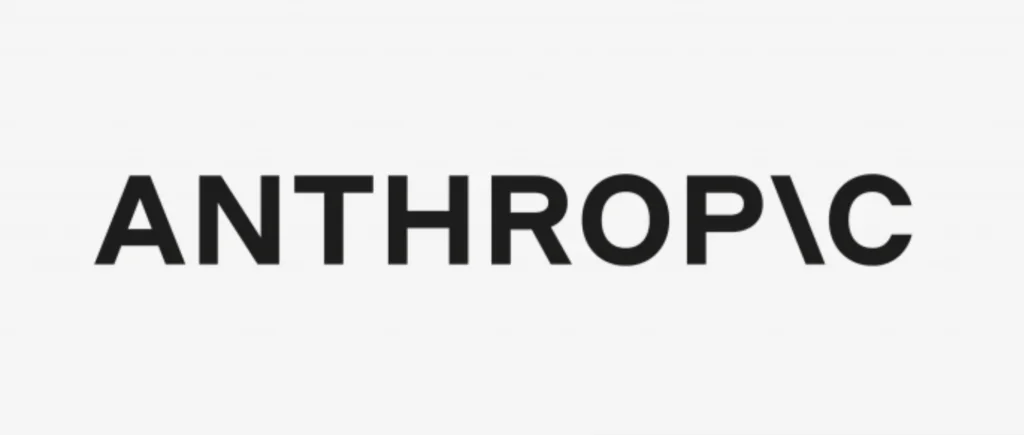Anthropic, the developer of the artificial intelligence (AI) model Claude, has responded to a lawsuit filed in October from Universal Music Group (UMG) that alleges unauthorized use of a copyrighted work.

On January 16, the AI developer lodged an opposition, arguing that the plaintiff’s claims were without merit and filed in the incorrect court.
“Plaintiffs’ assertions of irreparable harm are unpersuasive on their face. At the proper time and in the proper venue, Plaintiffs will have ample opportunity to test their substantive legal theories…”
Initial allegations from Universal Music Group, Concord Publishing, and ABKCO Music & Records suggested that while training its AI models, Anthropic engaged in “illegal” use and “illicitly” copied and distributed “vast quantities of copyrighted works.”
Anthropic described these assertions as an “attack on this new category of digital tools” and “mistreats both the technology and the law.”
Additionally, it highlighted the plaintiffs’ complaint regarding utilizing Anthropic’s generative AI tool to obtain copyrighted song lyrics. However, Anthropic responded that the tool is “not intended to produce copyrighted material” and that any such occurrence would have resulted from a “bug” that evaded its safeguards.
The initial complaint alleged that the AI infringed upon the copyrights of at least 500 tracks by well-known artists, such as Beyonce, the Rolling Stones, and The Beach Boys.
Nevertheless, Anthropic countered that the music companies had furnished “no evidence” and that not even a “significant subset of users” had participated in the prompt-entry process that led to the generation of the copyrighted lyrics, excluding themselves.
“Normal people would not use one of the world’s most powerful and cutting-edge generative AI tools to show them what they could more reliably and quickly access using ubiquitous web browsers.”
Former members of OpenAI, the company that developed ChatGPT, established Anthropic. The company has also received funding from Google and Amazon, among others.
This is among many continuous legal disputes involving AI developers and various creative publishers, artists, and corporations, alleging that the developers violated copyright laws while training the models.
In its most recent case, the New York Times has filed a lawsuit against OpenAI, alleging that the model infringes on its journalistic mission by copyrighting its information and offering it to users for free.
